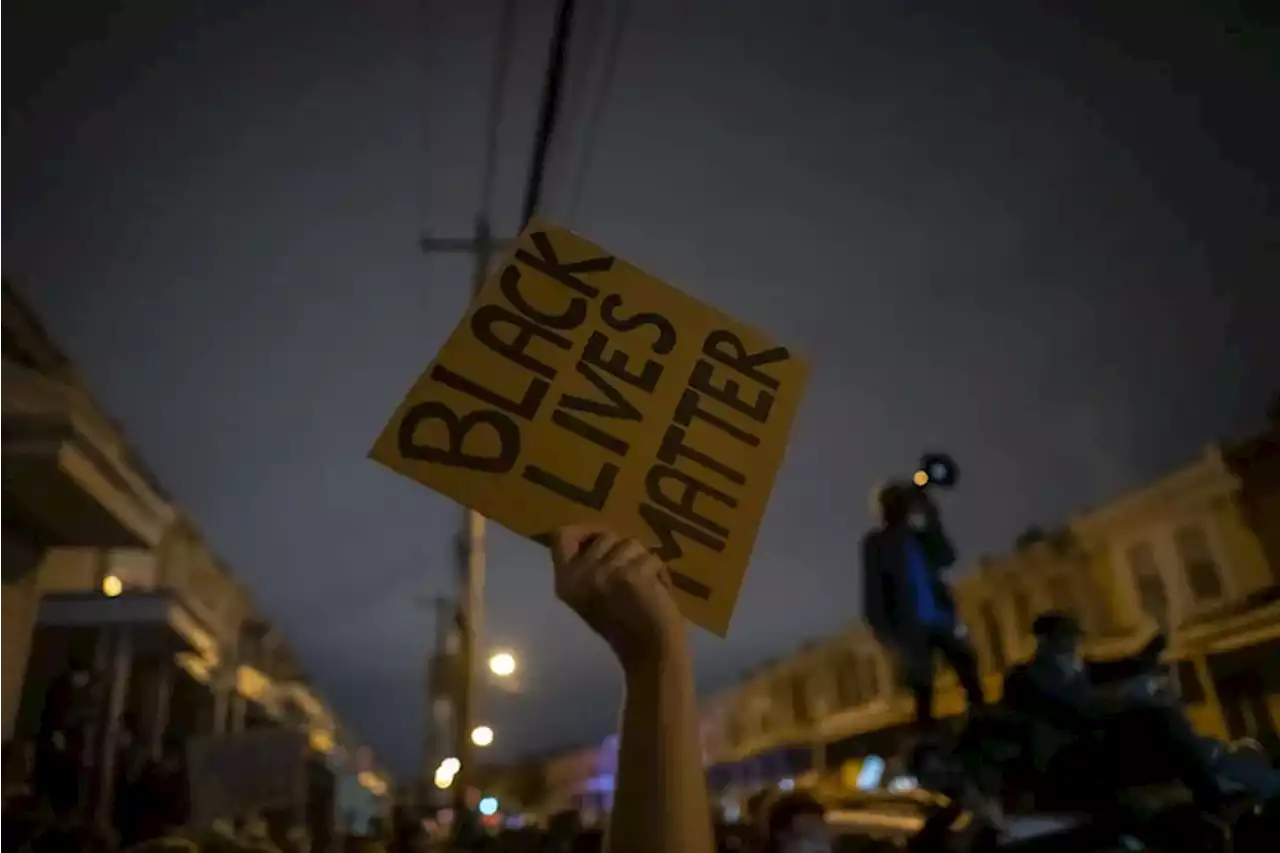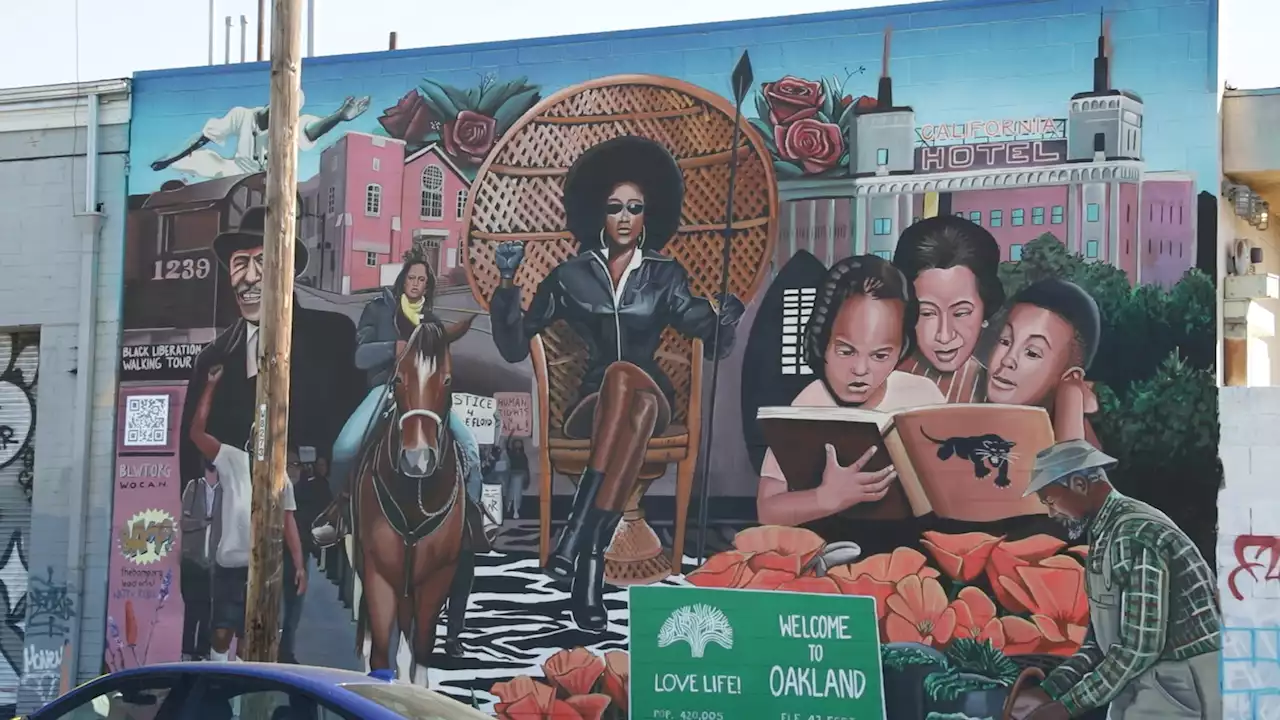Last year, California launched the first-in-the-nation statewide task force to study reparations for Black people, with special consideration for descendants of those enslaved in the United States.
Last year,
In fact, California law allowed so-called"slave catchers" to abduct free Black people and take them to slave states, and sanctioned the reenslavement of Black people freed by their enslavers., we’re diving back into the history of the very last case of the enslavement of Black people in California. RELATED: Black-owned café in Sherman Heights opens doors to public, creates space to build generational wealth
Blue catapulted the church into ground zero for anti-slavery and social justice activism. Out of St. Andrews, Blue and his wife, Lucinda, opened a school for Black, Native American and Asian American children, even soliciting donations from the public when the state refused to fund it. In November 1855, St. Andrews hosted the first statewide convention of the California Colored Citizens to develop strategies for legislation to advance the rights of people of color.
Word of Edith’s plight got back to Blue, who was a leader in Sacramento’s African American community. On Feb. 29, 1864 he filed a writ of habeas corpus in the county court, forcing Gammon to bring Edith to the judge.The original court records of Daniel Blue's petition to free Edith from enslavement are located at the Center for Sacramento History.In response to Gammon, Blue requested that the judge grant him legal guardianship of Edith.
“It's pretty clear there are Black witnesses who talk about the treatment of Edith under the care of Walter Gammon,” Smith continued. “They probably wouldn't have been able to testify had that law still been on the books.” White Californians were perhaps uninterested in establishing slavery in California, according to Smith. Rather, they sought to maintain slaveholder rights while eliminating competition for economic advancement.Throughout the 1850s and 1860s, white legislators enactedto suppress the advancement of people of color. A vast majority of African Americans in California were manual laborers. Many of them drove carts, painted fences, or were domestic servants.
United States Latest News, United States Headlines
Similar News:You can also read news stories similar to this one that we have collected from other news sources.
 Many African American last names hold weight of Black history“Choosing your surname gives you that power to say, ‘This is what I’m gonna be called from now on,’” explained genealogist Kenyatta Berry.
Many African American last names hold weight of Black history“Choosing your surname gives you that power to say, ‘This is what I’m gonna be called from now on,’” explained genealogist Kenyatta Berry.
Read more »
 Too many Black lives were cut short in Philadelphia this Black History Month | EditorialWhile many are more comfortable saying unequivocally that Black lives matter, the lives of so many Black Americans are still being cut far too short.
Too many Black lives were cut short in Philadelphia this Black History Month | EditorialWhile many are more comfortable saying unequivocally that Black lives matter, the lives of so many Black Americans are still being cut far too short.
Read more »
 The Black Liberation Walking Tour celebrates multi-generational Black history, cultureCondé Nast Traveler names Oakland's Black Liberation Walking Tour one of the best in the U.S.
The Black Liberation Walking Tour celebrates multi-generational Black history, cultureCondé Nast Traveler names Oakland's Black Liberation Walking Tour one of the best in the U.S.
Read more »
 Black History Month 2022: Black Podcast SpotlightWe've got your round-up of the best podcasts to listen to this BlackHistoryMonth and every month thereafter!
Black History Month 2022: Black Podcast SpotlightWe've got your round-up of the best podcasts to listen to this BlackHistoryMonth and every month thereafter!
Read more »
 The Black Liberation Walking Tour celebrates multi-generational Black history, cultureCondé Nast Traveler names Oakland's Black Liberation Walking Tour one of the best in the U.S.
The Black Liberation Walking Tour celebrates multi-generational Black history, cultureCondé Nast Traveler names Oakland's Black Liberation Walking Tour one of the best in the U.S.
Read more »
